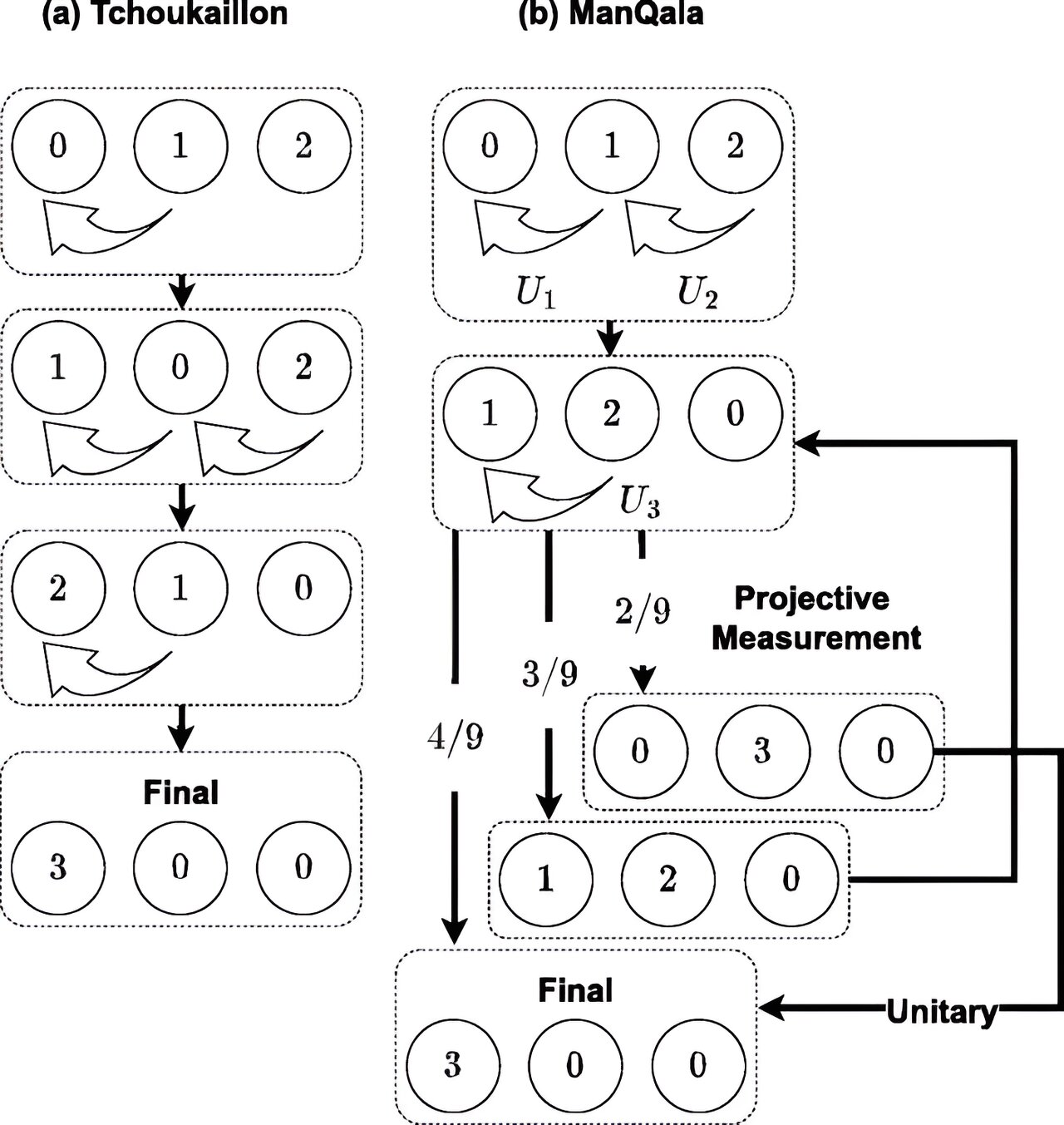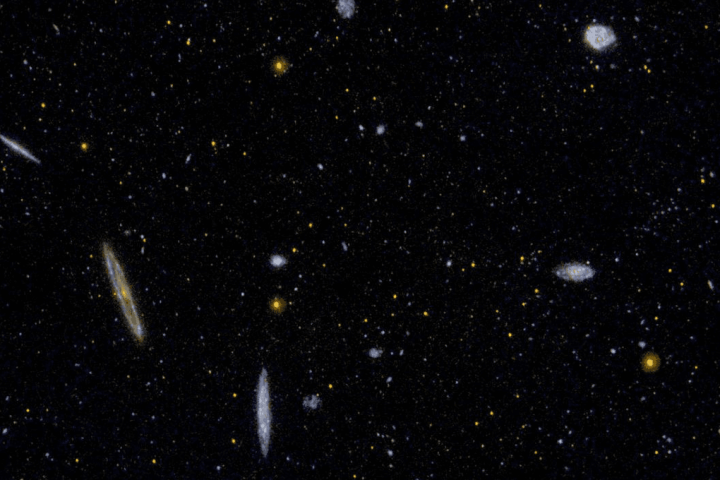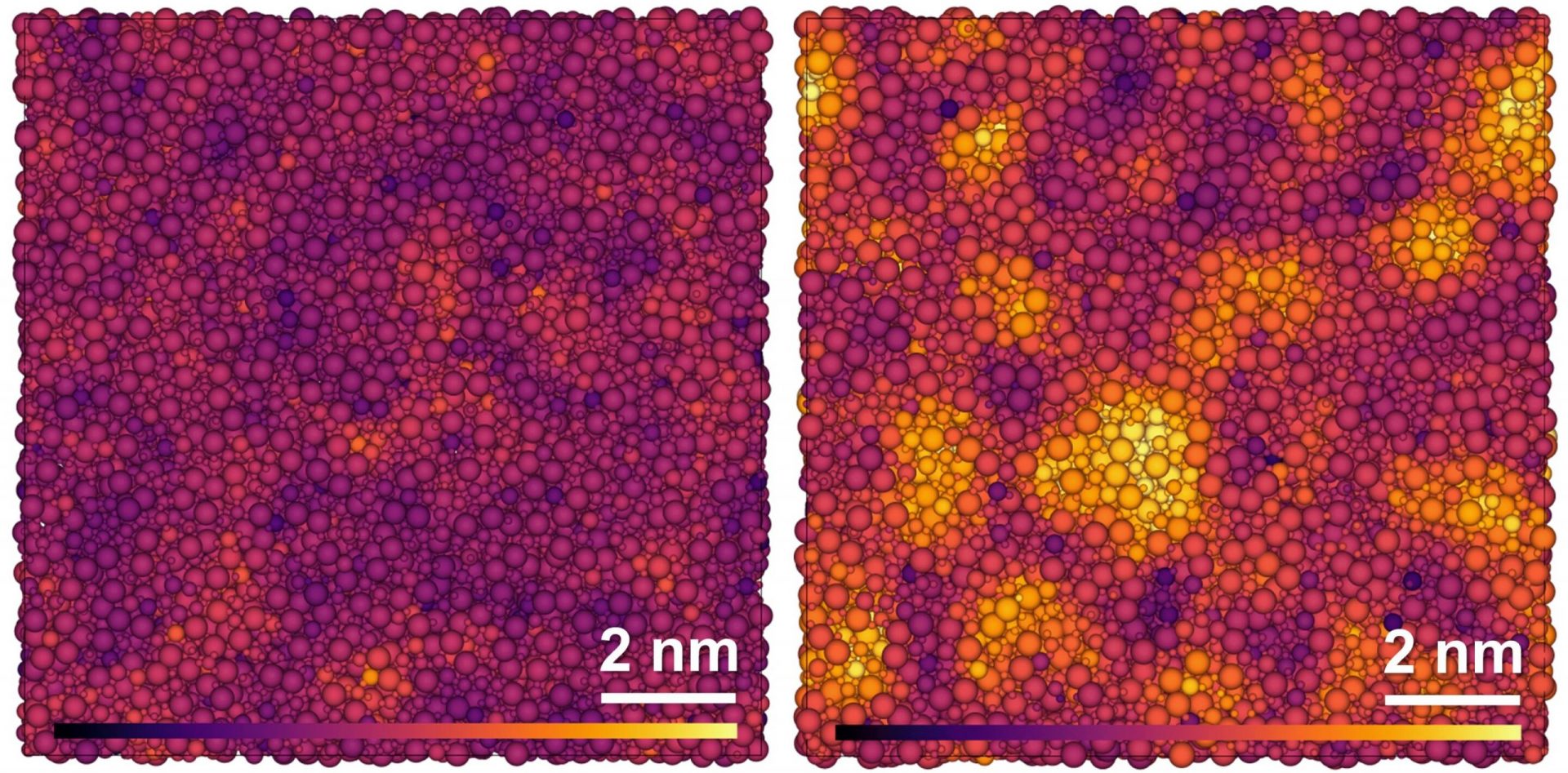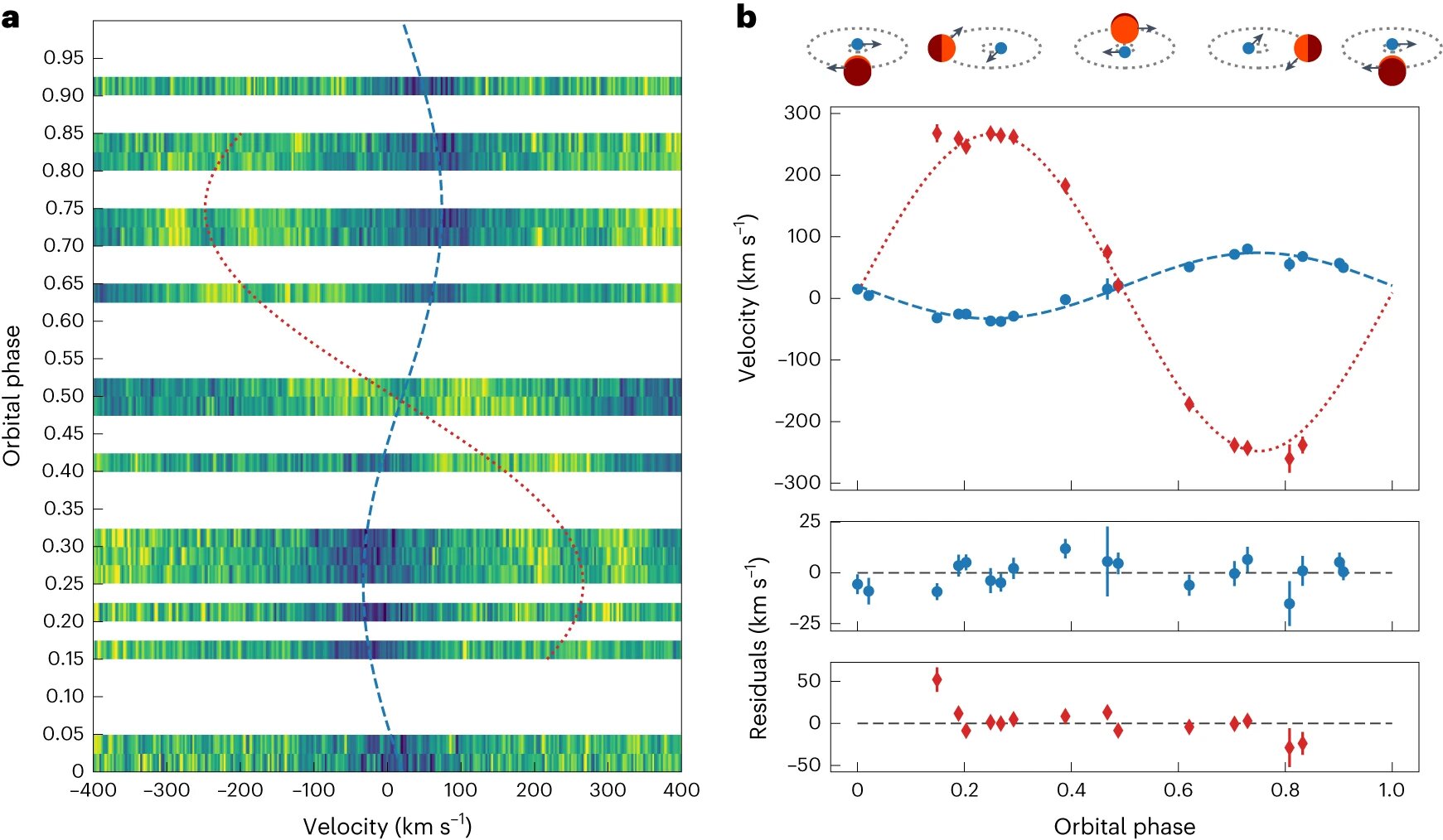Did you know that the game mancala has been played for thousands of years? It’s believed to have originated in Jordan around 6000 BCE and is still enjoyed by people all over the world today. The game involves moving stones between small pits on a wooden board, with the goal of getting all the stones into the last pit at the end of the board.
In a fascinating new study published in AVS Quantum Science, researchers at Tulane University have taken a modified solitaire version of mancala, called ManQala, and applied it to the field of quantum state engineering. Quantum state engineering is a branch of quantum physics that focuses on manipulating quantum systems to achieve specific states.
The challenge in quantum state engineering, according to Ryan Glasser, an associate professor of physics at the School of Science and Engineering, is figuring out how to get quantum systems into desired states. This involves understanding how to position particles and control their energies, which is crucial for studying them and utilizing quantum computers.
Unlike the stones on a mancala board, quantum particles are incredibly delicate and difficult to control. Glasser explains, “The system can fall apart quickly and make you lose any quantum advantage you have or desire to have.” While there are existing methods to address these challenges, the researchers found that ManQala offers even greater effectiveness, even in simpler systems. Glasser notes, “We see advantages already, even in these simplified systems of three stones and three pits.”
This study is part of the exciting field of quantum games, where traditional games like sudoku or checkers are infused with the rules of quantum physics to explore new possibilities. In the case of ManQala, the quantum nature of particles allows for interference and more strategic moves. Glasser explains, “You can win the game if you use quantum rules where you wouldn’t be able to if you use classical rules.”
While this study focused on simulations, Glasser is optimistic about the future applications of ManQala. He believes it can be experimentally tested, particularly on the IBM Quantum cloud computer. Glasser, along with fellow researchers Thomas Searles and Brian Kirby, hopes to further explore the potential of ManQala in their ongoing research.








